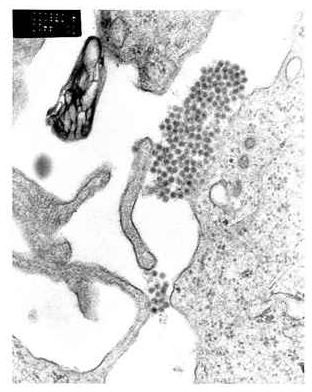What is Dengue Fever? A Look at Dengue Fever Symptoms and Causes
Causes of Dengue Fever
Dengue fever is caused by a virus that is spread by mosquitos. It is not contagious; the only way that someone can become infected is to be bitten by a striped Aedes aegypti mosquito that has bitten an infected person. A single mosquito bite has the potential to spread the disease.
Geographic Regions and Dengue Fever
Dengue fever is relatively common in tropical and subtropical regions. According to figures released by the World Health Organization, an estimated 50 million people are infected with dengue fever each year. Of these cases, 500,000 patients are hospitalized with dengue hemorrhagic fever. Approximately 40 percent of the world’s population happen to live in an area where they are at risk of developing Dengue fever.
Outbreaks of this disease have occurred in the Caribbean, Southeast Asia, India, the Middle East, and the South Pacific. They are most common during the rainy season, but the mosquitos that spread the virus can breed in any source of standing water. Dengue fever is caused by one of four viruses, and it is possible for a person to be infected more then once. The good news is that once you have been infected by one virus, you develop an immunity and will not be infected by it again.
Dengue Fever Symptoms

Dengue fever is also called “breakbone” fever. A person who has been infected may experience intense pain in the joints and muscles, which leads to contortions. The illness hits suddenly, and symptoms include a headache, a fever (may be as high as 104 degrees F), a rash, and swollen glands. The infected person will also be exhausted. Having a weakened immune system makes it more likely that you will develop dengue fever.
A more serious form of the disease is called dengue hemorrhagic fever. Along with symptoms such as fever, a headache, and a rash, sufferers also experience hemorrhaging in various places in their body. They may bleed from the nose or gums, or bruise easily. Black stools is another symptom of this virus, and the person may have small red or purple blisters on the skin. Dengue hemorrhagic fever is a very serious illness and may be fatal. Children are particularly at risk of contracting it.
Treatment of Dengue Fever
Since dengue fever is caused by a virus, there are no antibiotics or other medications available to treat it. Instead, the symptoms are treated by bed rest and fluids (to guard against dehydration). Acetaminophen and codeine are used to relieve joint and muscle pain.